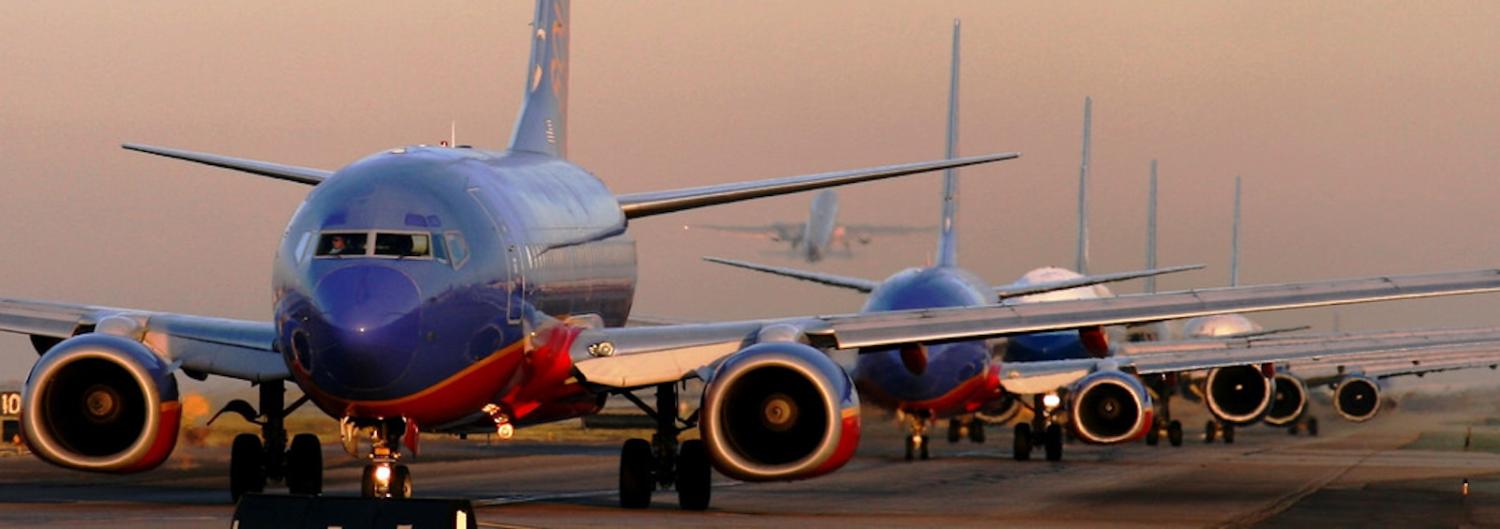Prior to leaving for the latest G20 Finance Ministers Meeting, held at the weekend in Buenos Aires, Australian Treasurer Scott Morrison said “the trade war cannot be ignored”. He has never said truer words. Unfortunately, it seems that the G20 ministers largely ignored the trade war.
While the communiqué released following the meeting acknowledged that “heightened trade and geopolitical tensions” pose risks to global growth, there was only one reference to doing something about reducing the risk:
We reaffirm our Leaders’ conclusions on trade at the Hamburg Summit and recognise the need to step up dialogue and actions to mitigate risks and enhance confidence.
This statement isn’t going to do much to ease concerns over a trade war.
Why isn’t the threat of a trade war being treated seriously? During Donald Trump’s campaign for the US presidency, concern was expressed about his views on trade. In 2016, USA Today ran the story “Trump’s trade policies worry economists”.
Yet despite a strident protectionist line both throughout his campaign and when he came into office, there seemed to be a view that Trump’s bark would be worse than his bite.
While Trump’s trade policies are not positive for the world economy, they are manageable if countries don’t retaliate.
Even after Trump ordered steep tariffs on steel and aluminium imports, of 25% and 10% respectively, earlier this year, there was a view that it would be alarmist to talk about a trade war. Prominent economist Dani Rodick said in March that “the reality is that Trump’s trade measures to date amount to small potatoes”.
This tendency to play down the seriousness of a Trump-inspired trade war seemed to reflect a view that it is only a concern if the restrictive measures he has announced are likely to result in a full-blown crisis. For example, in March Kristian Kolding and Chris Richardson implied that we should not be too concerned because Trump’s tariffs on steel and aluminium wouldn’t spell a recession for the world or for Australia.
What was not taken into account sufficiently is how a trade war can escalate with tit-for-tat restrictive measures. And a recession should not be the benchmark for escalating concern over Trump’s trade policies. In a world that is only starting to throw off the constraints of the global financial crisis, we should take any policies that are likely to restrain growth very seriously, even if they do not result in a recession.
The trade war has escalated. While Trump may have flip-flopped on other issues, he has consistently implemented his threats to address “unfair trade”, at least in his eyes.
On 6 July, Trump ordered 25% tariffs on approximately US$34 billion of Chinese imports, which were promptly met by retaliatory tariffs on an equivalent volume of US exports to China. On 20 July, Trump was “ready to go” and impose tariffs on US$500 billion of imports from China, and he has threatened sweeping tariffs on automobile imports from the European Union.
In the lead-up to the G20 Finance Minister’s Meeting on weekend, the International Monetary Fund issued a Surveillance Note warning that:
the likelihood of escalating and sustained trade actions has risen, threatening a serious adverse impact on global growth.
The note contained four hypothetical trade scenarios for the global economy. If all currently announced tariffs go into effect, global output would be reduced by 0.1% by 2020. It does not sound much. But the IMF points out that if global confidence is shaken by these tariffs, which is likely, global GDP could decrease by 0.5% – or around US$430 billion – below the current projection for 2020. Such an outcome would make a serious dent in global growth.
It was only four years ago, under the Australian G20 presidency, that the objective was to increase global growth by an additional 2% over five years, and the measure of success for the G20 was the extent to which additional growth was achieved. The G20 cannot now take any comfort in the extent to which their restrictive trade policies will “only” result in a decline in growth that would otherwise be achieved.
If the G20 members took the Trump-inspired trade war seriously, what could they do about it? The finance ministers could at a minimum signal to the rest of the world that they discussed it at their recent meeting rather than releasing a communiqué featuring such bland words as “we are working to strengthen the contribution of trade to our economies”. What happened to previous commitments to resisting protectionism, even if they did not follow through with them?
G20 finance ministers need to get real and signal that a tit-for-tat trade war will seriously damage growth, even if the US will not sign up to such a message. The US needs to be isolated and not accommodated. Moreover, the best thing G20 members could do to avoid a trade war is signal that they will “do nothing”. That is, they should commit to not engage in retaliation.
In March, the Reserve Bank of Australia Governor Philip Lowe said that while Trump’s trade policies are not positive for the world economy, they are manageable if countries don’t retaliate. Dani Rodick recently observed that if Europe, China, and other countries want to uphold a rules-based multilateral system, they should not mirror Trump’s unilateralism and take matters into their own hands by retaliating. They should work through the World Trade Organisation.
If one member of the G20 issues trade barriers, the rest of the G20 members should condemn the move, but commit to maintaining their open borders and avoiding a trade war.

